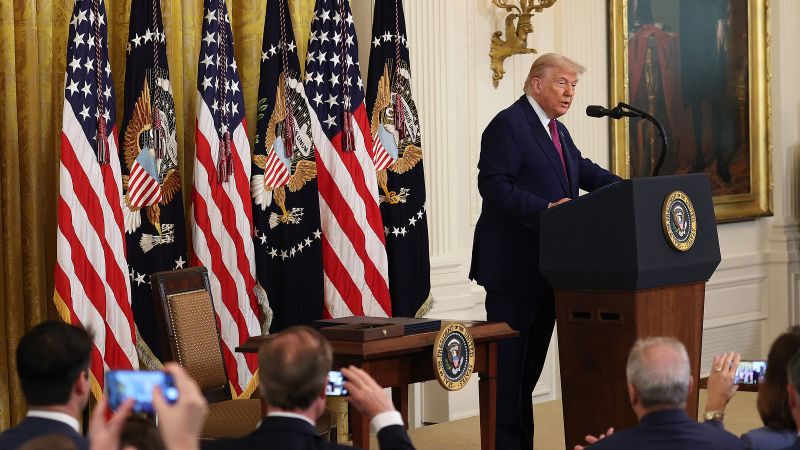President Donald Trump has raised concerns about a potential “massive conflict” in the Middle East, hinting at the possibility of imminent military action. The escalating tensions stem from Iran’s announcement of ramping up its nuclear activities following the International Atomic Energy Agency’s declaration of non-compliance. US officials fear Israel might strike Iran in response to this development, prompting emergency action assessments in US embassies across the region.
Trump emphasized the need to safeguard American lives in the area, advocating for a precautionary evacuation to avert potential missile attacks. Despite the mounting pressure, he expressed a desire to avoid military escalation and prioritize ongoing negotiations for a nuclear deal with Iran. With upcoming talks scheduled, Trump emphasized the delicate balance between pursuing an agreement and preventing actions that could jeopardize diplomatic efforts.
The situation remains volatile as the US closely monitors the evolving threat landscape in the Middle East. Trump’s cautious approach reflects the complex diplomatic and security challenges facing the region, underscoring the delicate balance between deterrence and diplomacy in mitigating the risk of conflict. As tensions simmer and diplomatic negotiations unfold, the specter of military confrontation looms large, highlighting the imperative for proactive risk management and strategic decision-making to navigate the uncertain geopolitical terrain.

